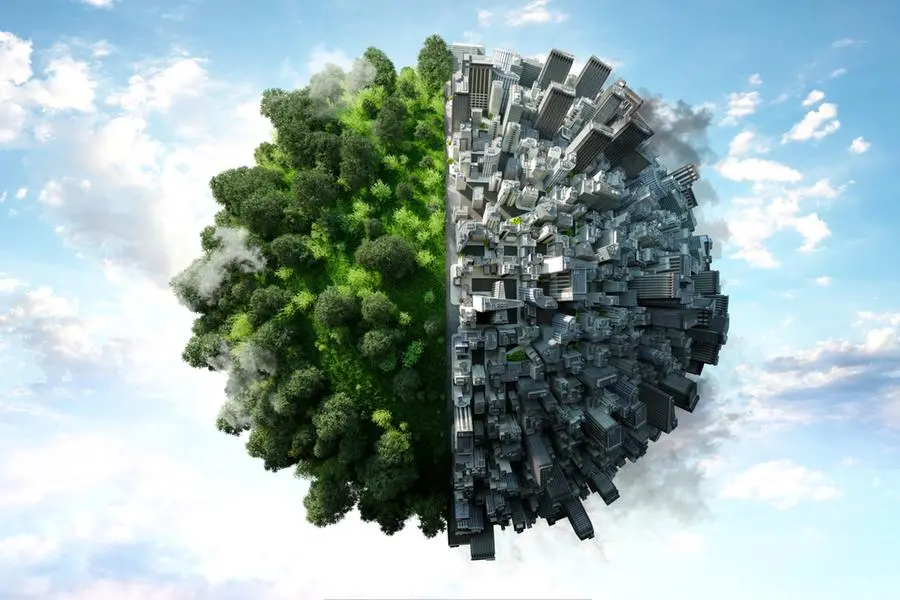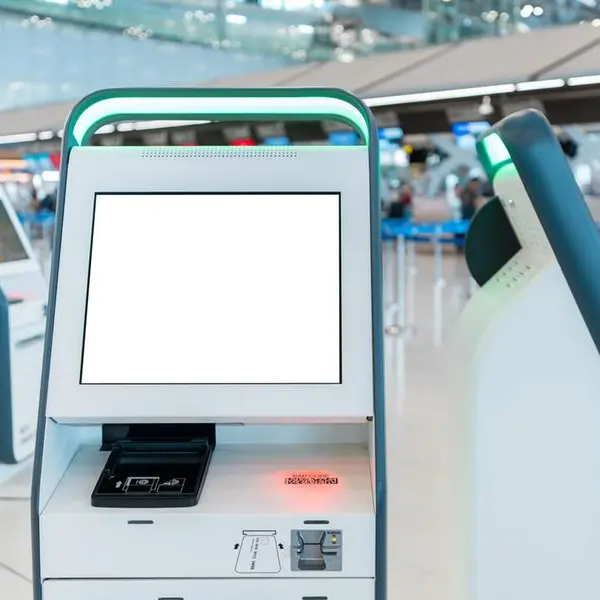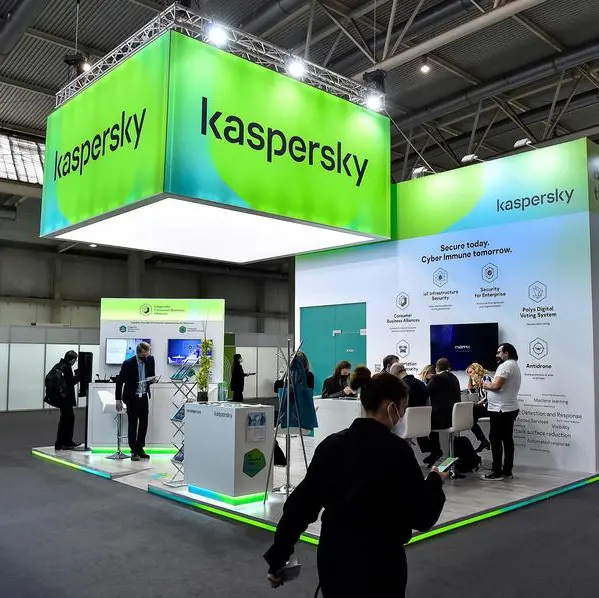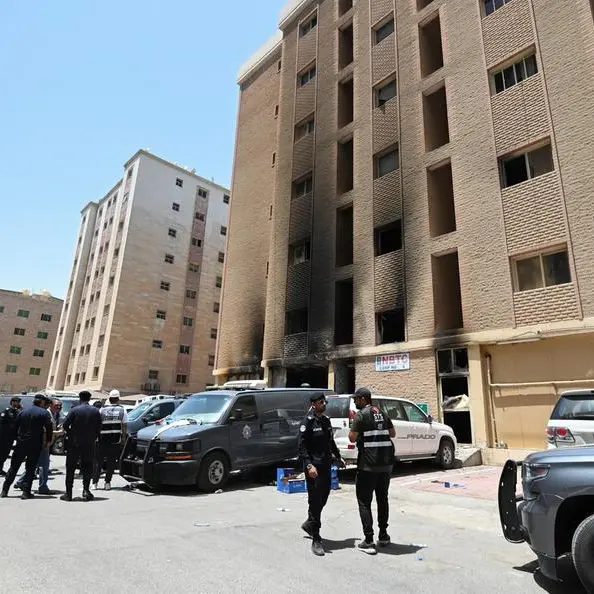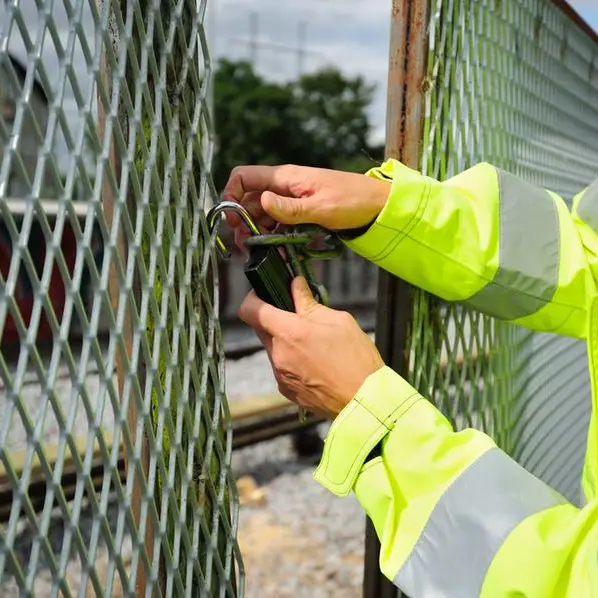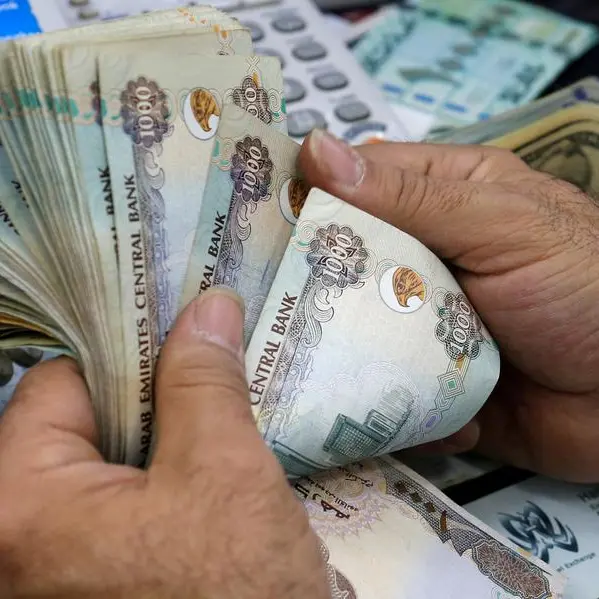PHOTO
ABU DHABI - The Ministry of Industry and Advanced Technology (MoIAT) today signed 4 memoranda of understanding (MoUs) at the UAE Climate Tech forum to accelerate decarbonisation and digitalisation in the manufacturing sector.
MoIAT signed MoUs with ADNOC, EDGE Group, KEZAD Group, and Dubai Industrial City to accelerate industrial decarbonisation through the implementation of the recently launched Industrial Technology Transformation Index (ITTI) in the manufacturing sector.
The ITTI was unveiled at the World Government Summit in February as a first-of-its-kind framework to measure digital maturity and sustainability in factories. The index promotes the integration of 4IR applications and sustainability best practices, providing companies with a roadmap for industrial transformation.
Dr. Sultan bin Ahmed Al Jaber, Minister of Industry and Advanced Technology, and Sarah Al Amiri, Minister of State for Public Education and Advanced Technology, witnessed the signings during the UAE Climate Tech forum, where 1,000 global policymakers, CEOs, experts, technology leaders, and investors gathered to collaborate in driving disruptive technologies and economic opportunities that accelerate decarbonization.
Tariq Al Hashmi, Director of Technology Adoption and Development at the Ministry of Industry and Advanced Technology, signed the MoUs on behalf of MoIAT.
The other signatories were Khaled Al Blooshi, Vice President of Digital Projects and Innovation at ADNOC, Trais Alketbi, President of Support Services – Business Support Services at EDGE Group, Saud Abu Alshawareb, Executive Vice President – Industrial Leasing at TECOM Group and Khalid AlMarzooqi, Vice President of International Business Development at KEZAD Group.
Launched under the Technology Transformation Programme (TTP) and in line with the UAE’s Net Zero by 2050 Strategic Initiative, the index will help to transform and decarbonise national industries, while enhancing competitiveness and paving the way for more sustainable economic growth. Through these partnerships, the UAE is creating a clear path towards expanding the deployment of the ITTI to support the national decarbonisation agenda.
The MoUs will have a cross cutting impact on the local industrial sector by increasing the number of companies engaging with the ITTI across the UAE’s industrial base including ADNOC, EDGE, Dubai Industrial City, and Kezad which represent a community of thousands of industrial companies and suppliers.
By participating in the index, companies will gain a clear roadmap as well as recommendations to help them integrate technologies that will boost their productivity and efficiency. These efforts will support decarbonisation of the entire industrial value chain. By expanding the ITTI, these partnerships will have a significant impact on the UAE’s industrial base and its decarbonisation pathway.
Through expanding ITTI, MoIAT will also gain more detailed data and information on the industrial landscape, helping it to co-create evidence-based policies and programmes that drive digital transformation and decarbonization. The partnerships will lead to new incentives that will help manufacturers to digitalise and decarbonise their operations. Additionally, the parties will coordinate on promoting the ITTI programme through thought leadership, annual reports and white papers.
The index’s categories are aligned with the manufacturing value chain and are comprised of 20 dimensions out of which 4 are sustainability related, namely sustainability strategy & governance, water and wastewater management, emissions management and material circularity. The design ensures the index’s alignment with the functions of the factories making it simple and intuitive to understand and an effective and forward-looking planning tool for manufacturers. MoIAT is currently working with UNIDO to roll the ITTI out globally.
UAE Climat Tech was hosted by MoIAT in partnership with ADNOC and Masdar in the run-up to COP28. The first-of-its kind international forum is hosting discussions on identifying practical actions to reduce emissions in the energy and hard-to-abate sectors by at least 43 percent by 2030, in line with the most recent report from the Intergovernmental Panel on Climate Change (IPCC).
An exhibition and technical conference will also showcase the latest advances in robotics, artificial intelligence, decarbonization, and energy transition fuels.
